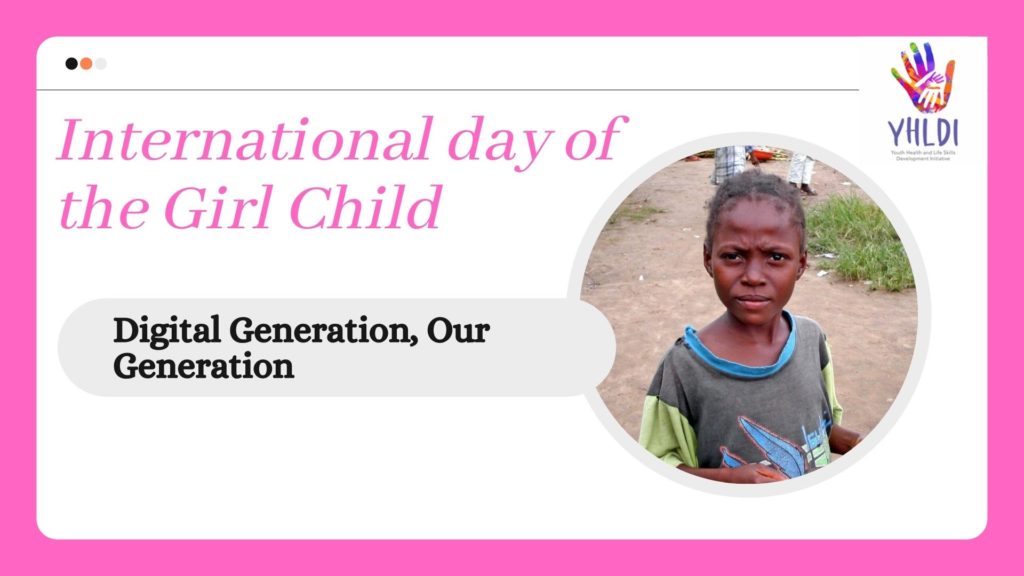No products in the cart.
POSITION PAPER TO COMMEMORATE THE 2021 INTERNATIONAL DAY OF THE GIRL CHILD Theme: Digital generation. Our generation.”

The importance of digitization in the 21st century cannot be overemphasized. Globally, the impact of digitization has not been more remarkable than during the COVID-19 lockdown, where all sectors, including education, economy, social, religious, health, political, etc., were totally dependent on information communication and technology (ICT).
The COVID-19 pandemic hampered the global educational system as all the schools at all levels were forcefully shut down to prevent the spread of this infectious disease in schools. The educational system in developing nations like Nigeria was the worst hit because the public sector was yet to decide how to switch from the norm to the virtual educational system. The people who didn’t have access to technology during the total lockdown could be considered disadvantaged as they were utterly ostracised from global events.
More than ever before, digitization is becoming more relevant in this current era of advancement as it has become he currency of transaction in all spheres of life. Although there may be some reservations about using ICT because of its negative impact, the positive impact far outweighs the negatives. ICT provides light and transformation of the human mind through information sharing, culminating in progress and development, while the lack of information causes deformation and retrogression.
Several dimensions to the use of digital equipment were explored during the COVID -19 total lockdown to ensure man’s continued existence and functionality in his social environment. Official meetings, training, schooling, partying, religious activities, shopping, coaching, mentoring, and other vital activities were conducted virtually during the preventive measures discovery phase of the disease.
The unexpected COVID-19 pandemic completely shifted the usual paradigm and made it imperative for business owners, health, entertainment, religious, education institutions etc., to adopt new strategies using ICT to retain relevance.
ICT has no boundary as it connects the world as a global village, thereby advancing the opportunities for better growth and development, particularly for the girl child who are more often than not disenfranchised in many societies. In the 21st century, digitization is vital to girls’ education because it creates a broader platform to acquire knowledge across the globe.
In all societies, nations and climes, education should not be limited to only the four walls of the classroom. Quality education should be without borders via information communication and technology to enhance the girl child’s empowerment, enlightenment, and transformation, culminating in healthy growth and development. However, digitization has demerits as it is constantly being used to perpetrate crimes. Still, the numerous benefits should be promoted among young people, while the drawback of ICT should be de-emphasized.
So to achieve a digital world for young people, particularly for the more vulnerable girl child, all hands must be on deck at all levels, including the Community, Districts, States and National levels. Political will and commitment are required, achievable if the political leaders conceive the vision of not leaving any girl child behind regardless of location while ensuring that their fundamental human rights, as enshrined in the Child Right’s Act, are protected.
All world leaders, especially African leaders, should rise up to the upheaval caused by the COVID-19 pandemic, particularly in the educational sector and apply the lessons learnt to future strategic planning for national development in the private and public sectors.
In conclusion, with the COVID-19 pandemic, it became more apparent that the global relevance of the girl child, who is pivotal to national development, is absolutely dependent on digitization. So, regardless of the family’s economic status, religion, geographical location, etc., every child with more emphasis on the girl child should be adequately exposed to ICT.
Written by Dr Yetunde Olagbuji
CEO, Youth Health and Life Skills Development Initiative.



